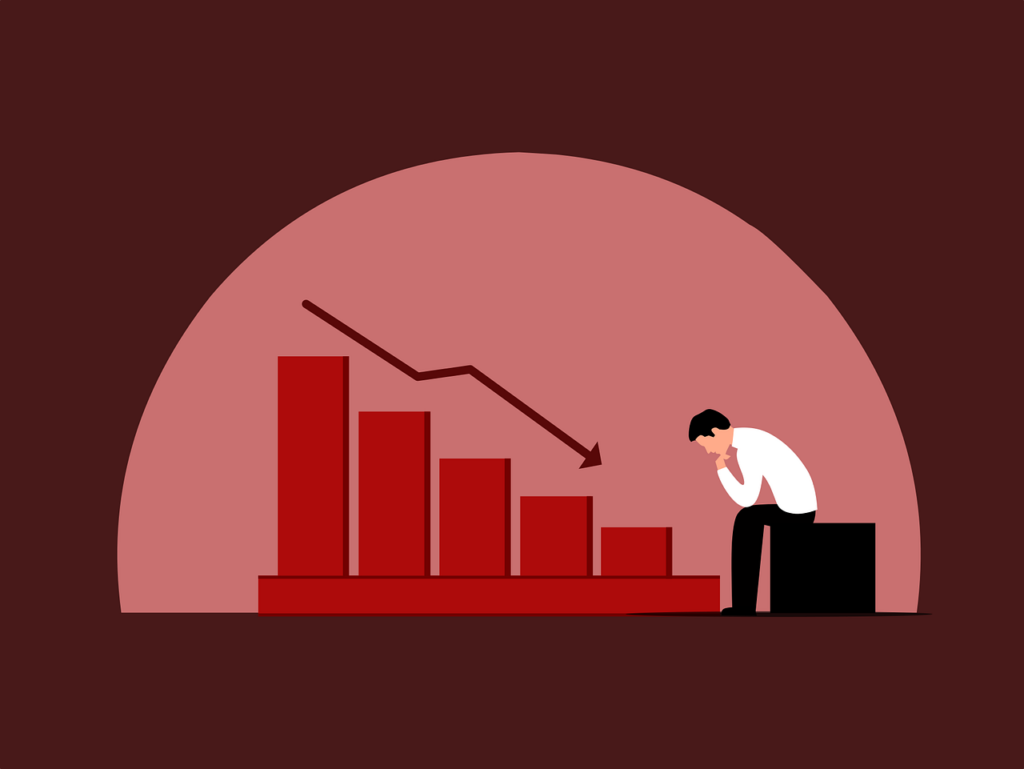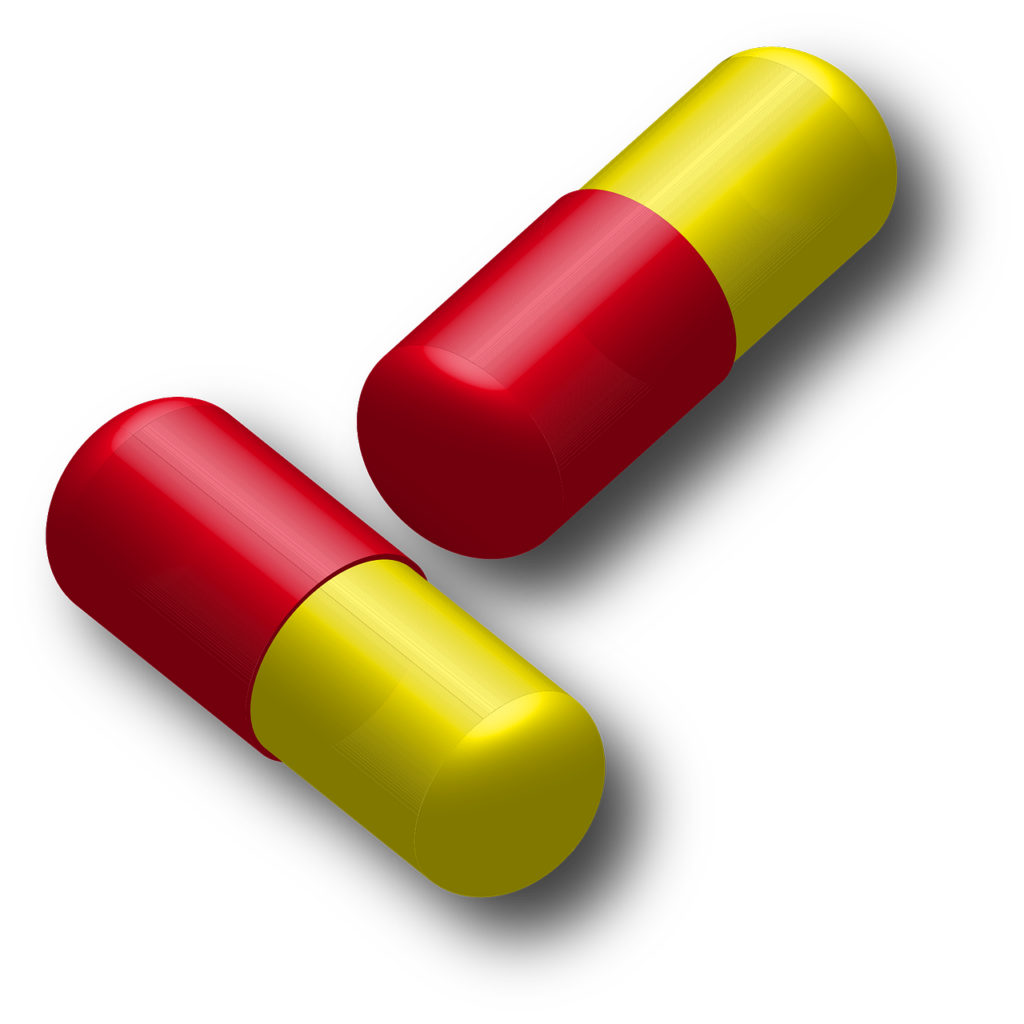
What is Collagen? Collagens are the most abundant protein in the body and serve as the primary structural protein. In this case, for your skin, bones, muscles, tendons, ligaments, blood vessels, and GI system. But in fact, collagens may account for up to 35% of whole-body protein content.
As such, you can think of collagens as the “glue” that holds your body together. So then, this structure-building protein is comprised of 19 different amino acids, but the four “main” players are:
- Glycine
- Proline
- Hydroxyproline
- Arginine
Glycine and proline are the two non-essential amino acids of note here, as they play pivotal roles in wound healing, immune response, joint health, cardiovascular health, and antioxidative reactions. In addition, glycine also serves as an important building block of creatine and DNA.
Types of Collagens

What is Collagen? Naturally, collagens occur exclusively in animals. It’s part of the connective tissue, which is responsible for the firmness of different structures in the body. While it is vital for the overall integrity of your body, protein is especially important for the skin’s elasticity.
At least 16 types of collagens exist. However, the first three types account for about 80% to 90% of it.
• Type I – accounts for about 90% of all collagens in your body. It helps keep cells and tissues together in the skin, tendons, bones, teeth, and fibrous cartilage.
• Type II – is found in elastic cartilage and cushion joints.
• Type III – supports the integrity and structure of organs, arteries, and muscles.
Collagens Declines with Age

What is Collagen? With age, natural collagens production begins to slow, and cell structures weaken. Skin becomes thinner and sags while ligaments lose their elasticity, joints get stiffer and much more. Your body begins to lose collagens when you turn 30. The effects become noticeable after several years. Even though this is a natural process, it’s possible to speed it up with UV exposure, pollution, bad habits, and poor diet choices.
Effects of Collagen Loss

What is Collagen? The loss of collagens affects the way you look and feel. The first signs may be subtle. However, the earlier you start, the more you can do to replenish the collagen in your body to see positive results.
1. Loss of Natural Fullness
Cheeks become flatter while the under-eye area develops hollows. Unless you’ve lost a lot of weight recently, these are probably signs of collagen loss.
2. Joint Pain
As you start losing collagens, joints begin taking more wear and tear. Eventually, they may start hurting during everyday activities.
3. Sagging Skin
Since collagens power skin elasticity, as it starts decreasing so does the firmness of your skin. You may notice the sagging effect on your jawline, cheeks, buttocks, and stomach.
4. Wrinkles and Fine Lines
Since the loss of collagens leads to dehydration and thinning of the skin, wrinkles and fine lines begin to appear.
5. Lifeless Hair
Hair begins to thin and stops looking as healthy as it did before. You may also notice hair loss. As the amount of collagens starts decreasing, hair could begin to split and break.
6. Weight Gain
The decrease in collagens could slow your metabolism. As a result, you may start gaining weight even if you don’t change your eating habits.
7. Teeth Problems
Collagens play a vital role in anchoring your teeth to gums. You may start having problems with your teeth, such as pain, sensitivity, and premature decay.
8. Weak Blood Vessel Walls
As the collagens levels decrease, so does the strength of the blood vessel walls. You may experience, dry eyes, headaches, breathing problems, skin rashes and more.
It’s worth noting that all the above symptoms may also signal other health conditions. That’s why it’s important to consult with your doctor, avoid self-diagnosis, and be careful about self-prescribing any supplements or medication.
Do I Need Collagen Supplements?

You might be wondering at this point that since our bodies naturally produce collagens, why in the world would we need to supplement with it?
The truth is that while we do produce collagens each and every day, much like natural testosterone production, collagen synthesis starts to dwindle as we age. Beginning around age 25, our bodies break down more collagen than we make (due to the actions of the enzyme collagenase. This is also why wrinkles, crow’s feet and other signs of skin ageing begin to show as we progress in years.
In addition to ageing, prolonged exposure to direct sunlight, excessive sugar consumption, drinking alcohol, and smoking all have been noted to negatively affect collagen synthesis.
Furthermore, the typical Western diet isn’t particularly abundant in collagen-rich foods, unless you’re in the habit of regularly consuming organ meats and/or bone broth, that is.
So, if sipping on bone broth or having some liver and onions doesn’t sound particularly appetizing, then collagen supplements may provide a quick and convenient means to increase your body’s production and supply of collagen.
Where Do Collagen Supplements Come From?

Since collagen is the primary structural protein of mammals, it should come as no surprise that the collagen used to make supplements come from animal sources.
Typically, the bones, skin, and connective tissue of cows, pigs, chickens, and fish are used as sources of collagen.
Do Collagen Supplements Work?

Collagen research is still in its infancy, but preliminary evidence indicates supplementing with collagen may reduce aches and pains associated with arthritis, improve skin health, promote wound healing, and guard against muscle loss.
Let’s now take a deeper look at each of the potential benefits of collagen supplementation and see what the research actually says.
Replenishing Collagen in Your Body
As the body starts losing collagen, and adverse effects begin to become bothersome, people look for ways to replenish this highly important protein. Several methods exist today.
Taking Supplements
Supplements are one of the most popular ways to increase collagen levels. Some studies show that they may improve the elasticity and appearance of your skin.
While numerous studies have been done to back the efficiency of collagen supplements, this method isn’t approved by the FDA.
It’s also worth noting that you can only enjoy the benefits while you are taking supplements. As soon as you stop supplying your body with collagen, the effects may disappear.
Adjusting Your Diet
To produce collagen, your body needs nutrients from protein-rich food as well as vitamin C, zinc, and copper. You can help your body by adjusting your diet to provide it with the necessary building blocks.
Beef, chicken, fish, eggs, dairy products, and beans are all rich in protein. One of the most helpful products is bone broth. However, eating it regularly may not agree well with your stomach. That’s why it’s important to consult a professional about any serious diet changes.
Battling Bad Habits
According to a study published in the British Journal of Dermatology, smoking affects your body’s natural collagen production, thus leading to early skin wrinkling and sagging.
By quitting smoking, you are giving your body a chance to restore its collagen production abilities.
In Conclusion
Final Thoughts
Collagen is one of the most important proteins in your body. So then, maintaining sufficient collagen levels sufficiently is vital for your health and appearance. But it’s easier to prevent the loss of this important protein by adjusting your diet. And quitting bad habits, rather than replenishing them down the road. Remember your health is your responsibility, and with a little effort you can look after your health and enjoy your golden years,
Important Note *
Remember that everyone is different, it is ultimately YOUR RESPONSIBILITY to find what your body responds to. So please do your due diligence before trying anything new, including getting Medical Advice to ensure your safety and peace of mind.
Connect with me and leave a comment or two on my social media.